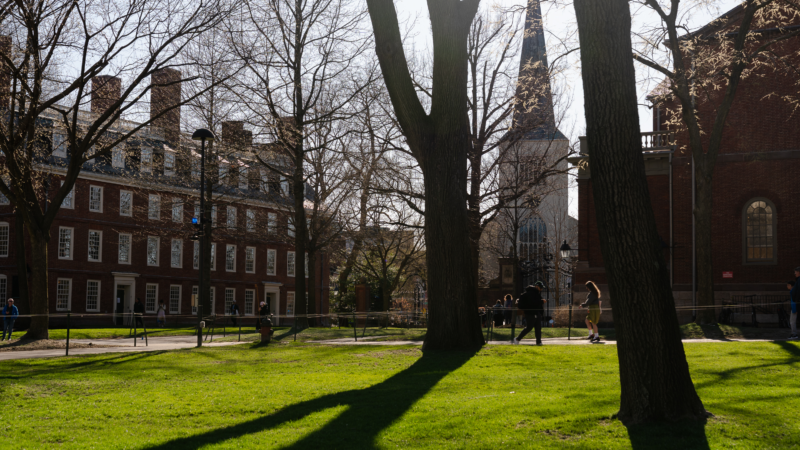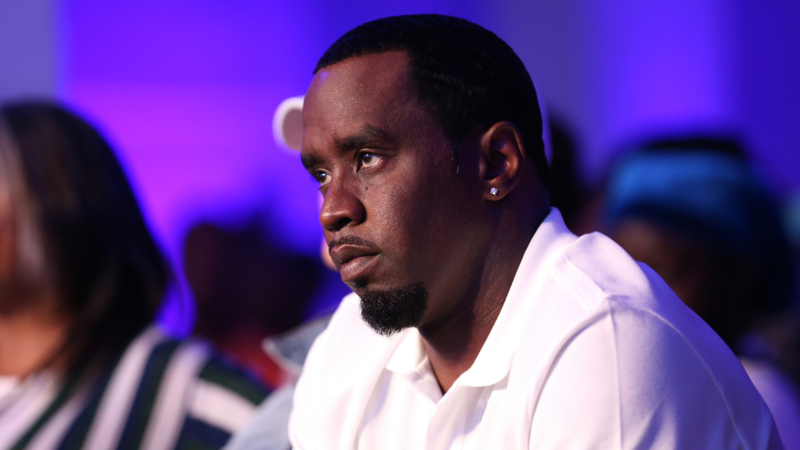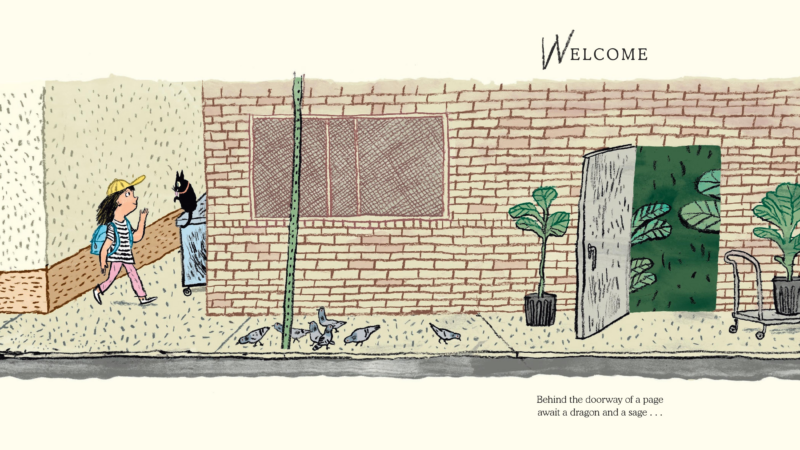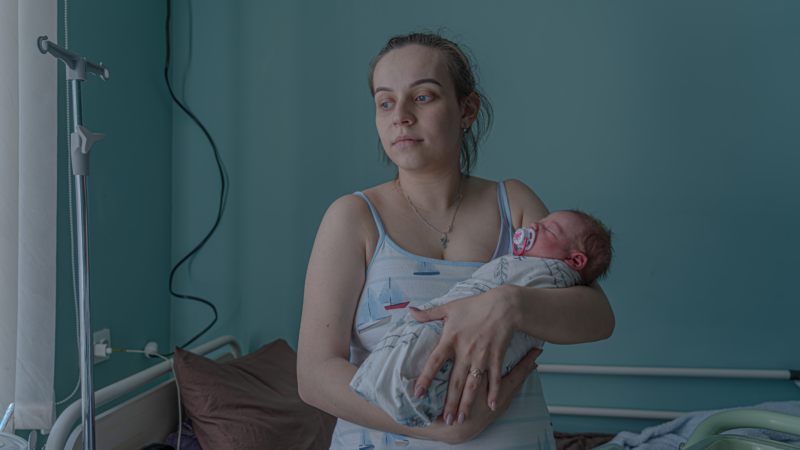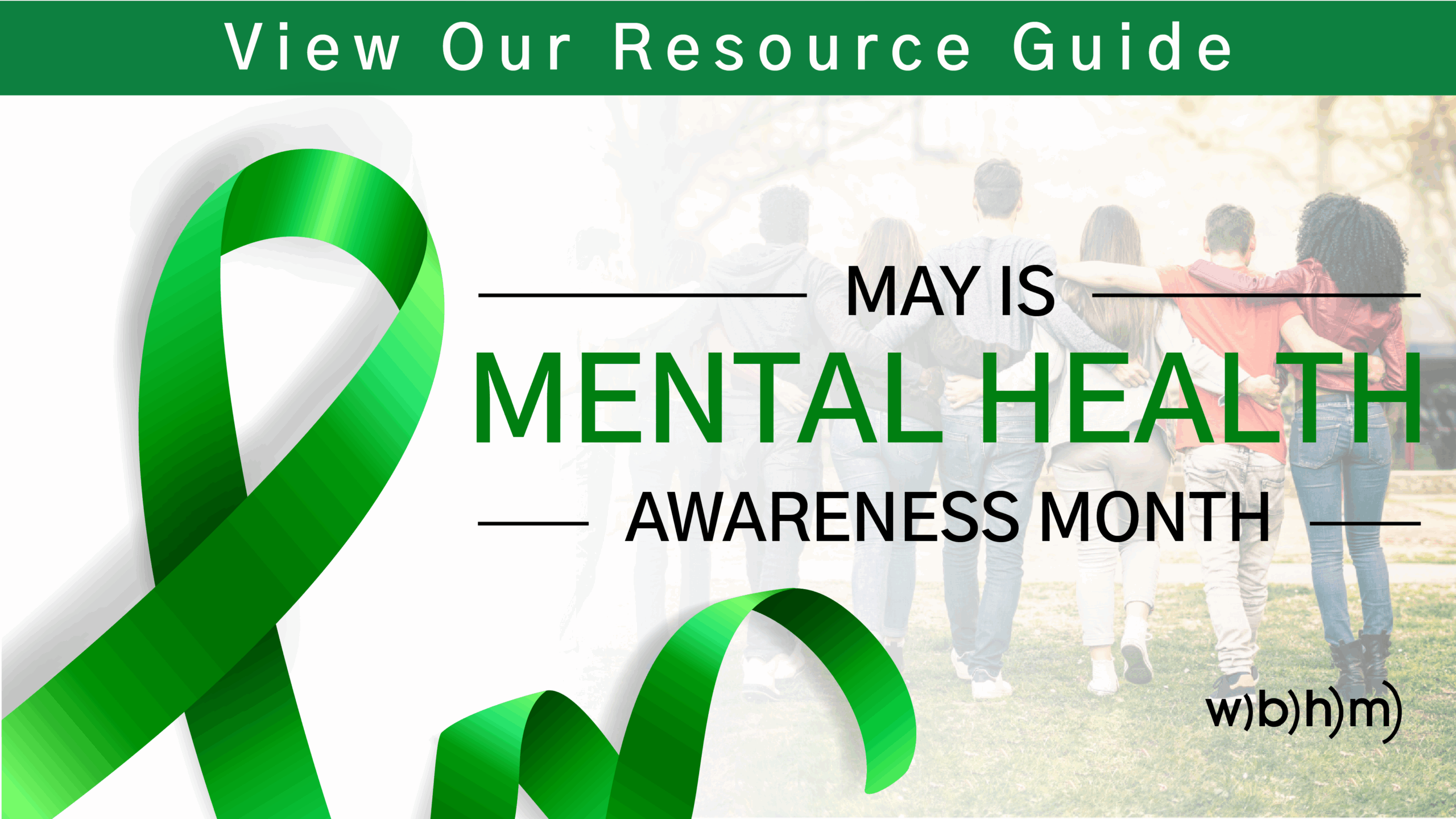As sports betting has soared, more people search online for help with gambling addiction
More and more people are looking for help managing gambling addiction. That’s a finding from a new study, published in JAMA Internal Medicine on Monday.
The study looks at the impact of a Supreme Court decision in 2018 that loosened restrictions around online sports betting.
Before 2018’s Murphy v National Collegiate Athletic Association, only Nevada allowed betting on sports. In 2024, 38 states allowed it. Sports wagers went from $4.9 billion in 2017 to more than $121 billion in 2023, according to the study.
John Ayers, a professor of data and behavioral sciences at the University of California San Diego, says the idea for this study came to him after a conversation he had while he was golfing.
“One of the cart boys comes up to me and asked me to borrow money,” Ayers says.
When Ayers pressed him about why he needed cash, Ayers says the young man said, “I’ve had a bunch of bad breaks lately on my bets.”
Searching for help
To get at the effect of the significant expansion of online betting platforms since 2018, Ayers and his colleagues looked at internet search terms that indicated people are struggling with gambling addiction.
People are Googling phrases like “Am I addicted to gambling?” and “Help me find help with gambling addiction,” Ayers says.
“And we see that those searches nationally increased about 23 percent since the Supreme Court case legalized sportsbooks,” Ayers says.
Researchers could see that these kinds of search terms increased in states immediately after they opened sports betting, and they found that the impact was significantly greater than the opening of brick-and-mortar gambling establishments. Ayers says gambling addiction is a significant public health and mental health issue.
“Gambling disorder is a clinical diagnosis, and you start looking into the potential health implications and you see we have a complete blind spot to this,” he says.
A study by the Illinois Department of Human Services showed that teens and young adults had the highest prevalence of online gaming.
Out of “the shadows”
Industry groups argue otherwise, however.
“It’s important to remember that the vast majority of gamblers enjoy gambling and all forms of casino gaming responsibly, and that includes sports betting,” says Joe Maloney, a senior vice president with the American Gaming Association, which representing casino and online gambling companies.
He argues that legalizing online sports betting allows for its regulation — and services to help people who are struggling.
“To the extent that there are those that are demonstrating problematic behavior right now, this activity being out in the light, not in the shadows, is enabling services to be delivered,” Maloney says.
Trump again blasts Harvard over international students as judge blocks revocation
In a post on Truth Social, Trump said the home countries of some of Harvard's international students are "not at all friendly to the United States" and "pay NOTHING toward their student's education."
Why the Sean Combs trial is about more than ‘Diddy vs. Cassie’
The relationship between Combs and his ex-girlfriend, Cassie Ventura, has been the focus of the prosecution's case so far, but the charges he faces are bigger and broader.
Mumbai’s iconic pav bread might soon be toast
It's a working-class staple. And it could be priced out of the market by government efforts to make bakeries change from wood-fired ovens to other fuels to curb air pollution.
In ‘Words with Wings and Magic Things,’ poetry is beautifully illustrated — and fun!
What do you get if you add poems that are "Shel Silverstein meets Rumi for kids" with pictures of yetis and primordial slime? Words with Wings and Magic Things, a book of illustrated poems for kids.
Sunday Puzzle: Supermarket Brands
NPR's Ayesha Rascoe plays the puzzle with WAMC listener Maureen Perrotte of Ravena, New York and Weekend Edition Puzzlemaster Will Shortz.
Inside Ukraine’s last maternity ward in a region surrounded by Russian forces
NPR visits a hospital in eastern Ukraine's Donetsk region, in a town where many residents have fled but some young couples are holding on and hoping to raise their children one day in peace.



